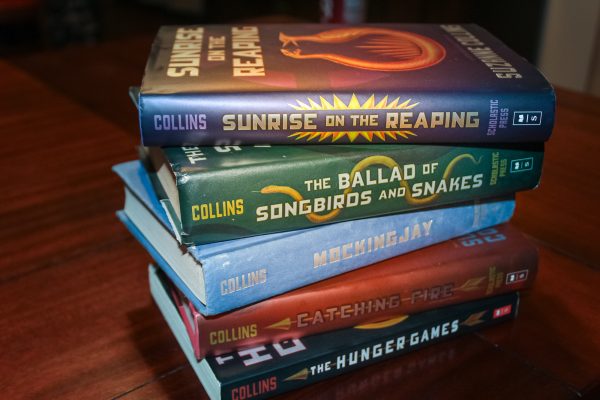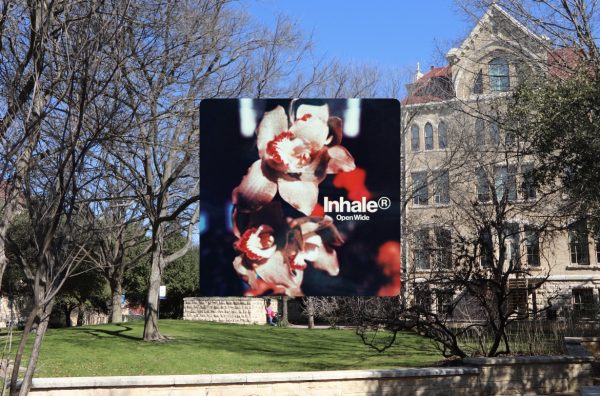Periphery’s new album “Clear” emphasizes melody and metal
For every musician that goes for the low-hanging fruit of three chords, party times and broken hearts, there are guys that want to drop Harvard like knowledge on your puny brain: the “progressive” rock and metal groups. Just in time for the new semester are your new teachers, Maryland’s own Periphery, with their new textbook “Clear.”
Formed through social media in 2005 by the enterprising guitar wizard Misha Mansoor, Periphery rotated band members like it was going out of style before settling around the current lineup, which includes three guitarists. Then they got swept up in an underground metal craze known as djent, named for the percussive sound guitars in this genre make. Creating twisted grooves with distorted six, seven and eight string guitars and math defying polyrhythms, djent invites listeners to simultaneously mosh and rump shake.
Unlike their more brutal contemporaries though, Periphery emphasizes melody above all else, taking cues from electronic and ambient music and video game composers like Nobuo Uematsu of the Final Fantasy series.
Being a progressive metal band though, Periphery are not willing to let their fans off without teasing their brains a tad. For “Clear,” the band created a musical pattern somewhere within the “Overture” instrumental, then secretly slipped it into the rest of the songs on the record. It is an impressive and novel concept for an album, and it allows hardcore musicians and fans to play the aural equivalent of “Where’s Waldo?”
The other distinguishing concept of “Clear” is that all the songs, save for the instrumental, are the individual brainchilds of each of the six band members. As such, each member gets a chance to experiment with the band’s sound, while also give friendly competition a chance.
So far, the winners from this album are guitarist Jake Bowen’s masterpiece of melody “The Summer Jam” and vocalist Spencer Sotelo’s “The Parade of Ashes,” with a scratchy intro and a stomping riot ready chorus straight out of the Trent Reznor playbook. Mansoor’s “Zero” is also a great throwback to his Bulb releases on the Internet. The guitar tones on this record (especially Mansoor’s) are so beautiful, I would have sex with them if I could, and Sotelo is an undeniable force as a singer that can transition from animalistic screams and snarls to singing at Whitney Houston like highs as though he was trying to be heard above a hurricane.
At about 30 minutes, this record is nice and compact, with no typical progressive hallmarks like convoluted concepts or 20-minute suites. It also provides a nice amuse bouche before the main course of their next record, “Juggernaut.” I am always happy to see Periphery’s music, and I cannot wait for more to sink my teeth into.











